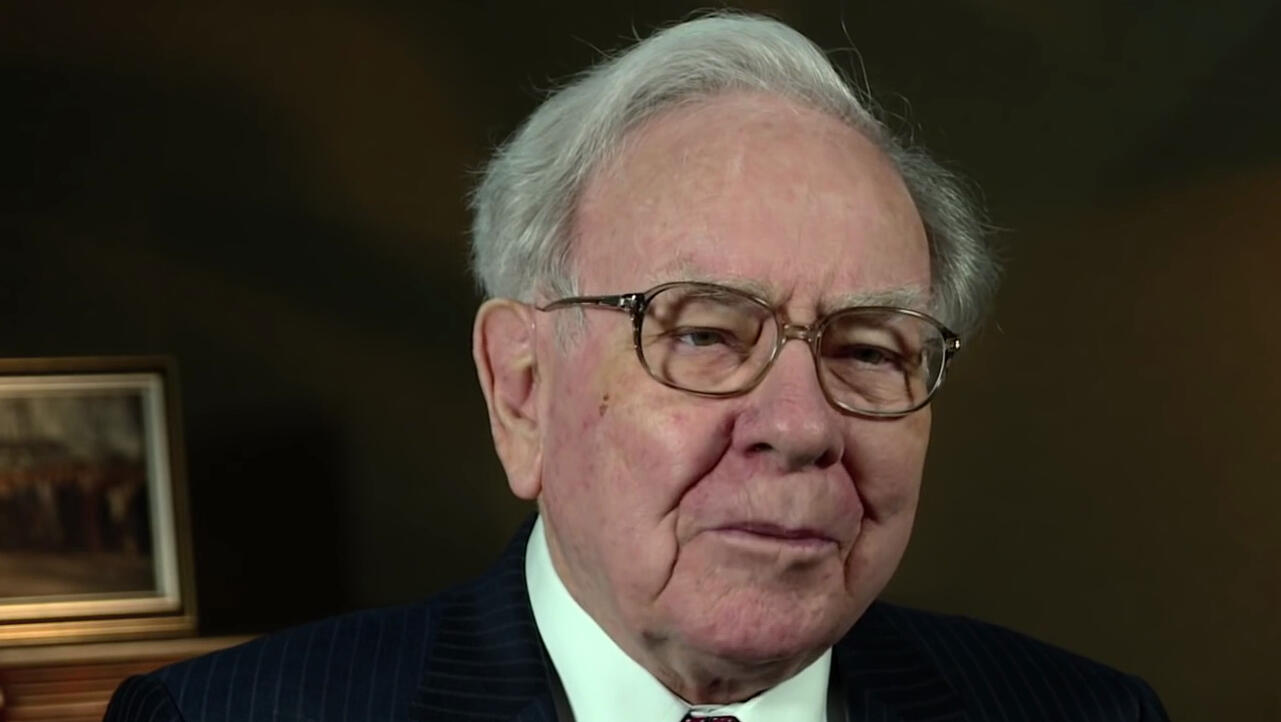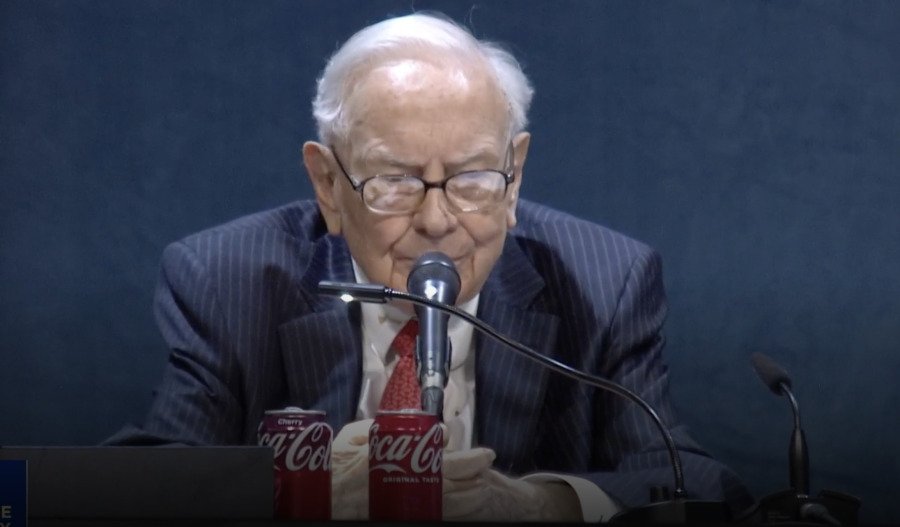Berkshire Hathaway's operating profit dipped 4% year-over-year to US$11.16 billion in Q2 this year, as Warren Buffett's corporate empire faces headwinds from trade wars and a changing of the guard.
The conglomerate's cash pile reached $344.09 billion, slightly down from March's record high, positioning the company for opportunistic strikes when markets turn.
Core operations weather the storm
Rail, energy, manufacturing, service and retailing all saw higher profits from a year ago, offsetting weakness in insurance underwriting.
Signs that the diversified nature of Berkshire's holdings - from BNSF Railway to GEICO insurance - continues proving worth.
However, the real shock came from the $3.8 billion write-down of Berkshire's Kraft Heinz stake - another dark chapter in the food giant's struggles.
Two Berkshire execs stepped down from Kraft Heinz's board in May, signalling the 'Oracle of Omaha's' waning confidence in the investment.
Berkshire's ability to absorb such hits without breaking stride is a hallmark of the durability Buffett built into the company over a whopping six decades.
Net earnings per Class A share still reached US$8,601, the underlying strength of the business operations.
Tariff clouds and reality of succession
The conglomerate issued a stern warning about tariffs and their potential impact on various businesses.
Earnings noted that "tensions from developing international trade policies and tariffs accelerated through the first six months of 2025".
It's Berkshire's manufacturing arms - from Precision Castparts to building materials companies - that face direct exposure to commodity price swings and supply chain disruptions.
Buffett announced in May that Greg Abel would replace him as CEO at year-end, nailing on a succession plan that's been years in the making.
The 94-year-old investment icon cited his declining energy levels for his stepping down, acknowledging that "it was unfair not to put Greg in the job".
Abel's appointment wasn't surprising - he was named successor in 2021 - but the timing signals urgency.
With Berkshire shares down more than 10% from record highs and no share buybacks in the first half, the company appears to be clearing the decks for new leadership.
The cash fortress remains intact, awaiting Abel's deployment strategies.
All eyes will be cast on whether he'll match Buffett's patient approach, or pursue a more aggressive capital allocation - marking how he will look to define Berkshire's next chapter.



